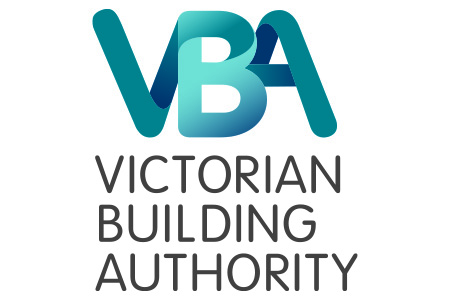An insight into registration and licensing activity

The VBA registered or licensed 64,593 building and plumbing practitioners, a 2.6 per cent reduction compared to the previous year.
The reduction was mainly attributed to 3,633 fewer registrations in the engineer class, due to the Professional Engineers Registration Act 2019 coming into effect on 1 July 2021. This saw the registration of all engineers transfer from VBA to the Business Licensing Authority (BLA). Excluding the registration of engineers, there was a three per cent increase in the overall number of practitioners registered or licensed by the VBA this year compared to last year.
The VBA remained a partner in a Victorian-first co-regulatory scheme for engineers that is jointly administered by the engineering profession, the VBA and BLA. Registered professional engineers providing services in the building industry are required to have their registration endorsed by the VBA.
However, despite the reduction in total practitioner numbers, there was heightened registration and licensing activity in several classes during the year.
The Victorian Building Authority (VBA) continues to inform prospective practitioners about registration and licensing through pre-registration webinars. These sessions provide a clear understanding of the requirements for registration and licensing and help address questions posed by potential applicants.
The VBA has also been encouraging practitioners to register or become licensed and have taken enforcement action against unregistered or unlicensed practitioners.
Growth in practitioner numbers across a range of classes
The number of natural persons building practitioners decreased by 14.2 per cent to 22,319. However, considering the transfer of registration of the engineer class to the BLA, there were an additional 308 natural persons building practitioners registered by the VBA this year.
Registration of building companies grew by 7.1 per cent to 11,962, while the number of registered or licensed plumbers increased 2.2 per cent to exceed 30,000 for the first time in Victoria. Since 2018-19, the number of plumbers registered or licensed by the VBA has increased by 10.2 per cent.
In 2021/22, the VBA’s registration and licensing activity saw practitioner numbers increase across a range of classes.
There was an increase of 900 natural person building practitioners in 2021/22. The biggest increases were seen in the number of domestic builders (788 more registrations) and building inspectors (143 more registrations).
Online exams offer a more convenient way for practitioners to attain registration
The VBA is making it easier for new practitioners to undertake their building exams thanks to a new secure online exam format.
From July 2021, the VBA began to convert all paper-based building exams to an online format, enabling applicants to complete their exam, from a location of their choice and at a date and time that is convenient to them. Twenty-nine online building exams have been developed and are in use.
Online exams will soon be available for all plumbing licence main class and specialised classes, including the core competencies that apply to all classes. In recent weeks, the VBA has conducted a plumbing exam trial with students at a registered training provider, with additional trials also taking place at VBA offices.
The VBA’s online exams have been warmly received by applicants and practitioners, who have commented favourably about the convenience and time savings achieved thanks to this assessment method.
VBA committed to addressing building surveyor capacity
Building surveyor numbers were steady compared to a year ago, with 701 registrations.
Building surveyors have a significant role within the construction industry and it is vital that enough qualified and high performing building surveyors work in the industry.
The VBA has several programs to address building surveyor capacity, including:
- Promoting the expansion of the Building Surveyor Career Pathways program to include councils and private building surveyors to improve the registration pathway
- Initiating a Building Surveyor Audit Program, including two recently released reports
- Developing and releasing guidance materials and seminars, including the Practitioner Education Series and hosting the annual Building Surveyors Conference
- Expanding the VBA’s technical advice for the sector, including the appointment of a Deputy State Building Surveyor
- Working with industry stakeholders to develop joint initiatives to address the number of building surveyors in the industry
- Attending registered training organisations to speak to students about building surveyor career pathways
